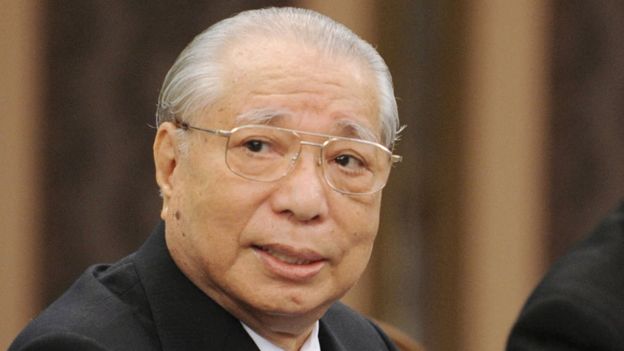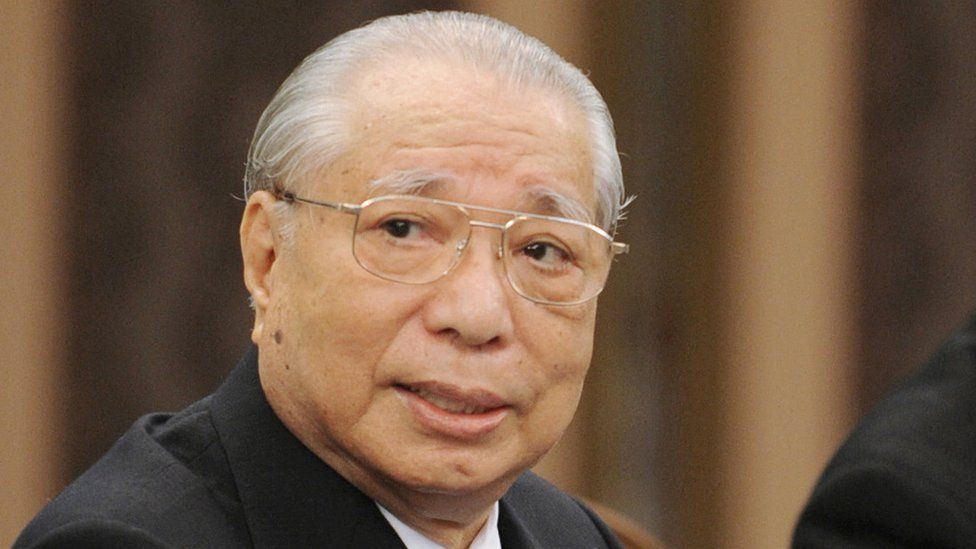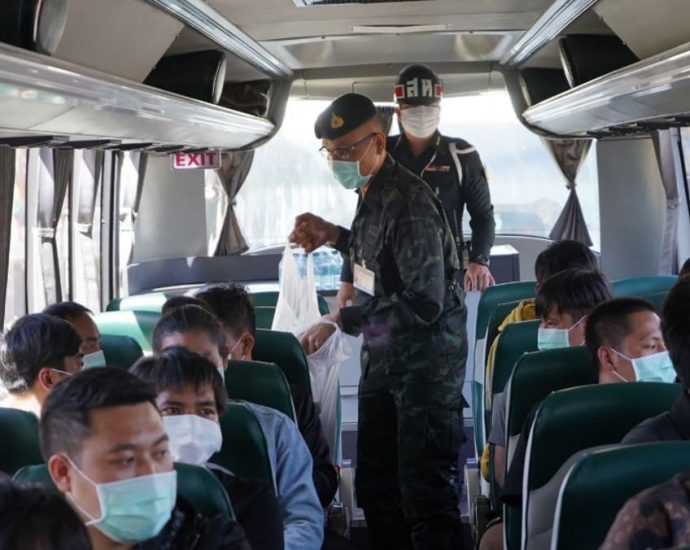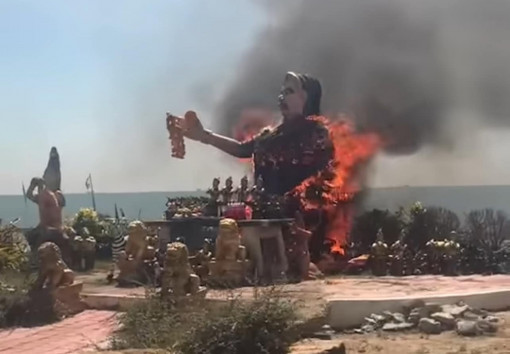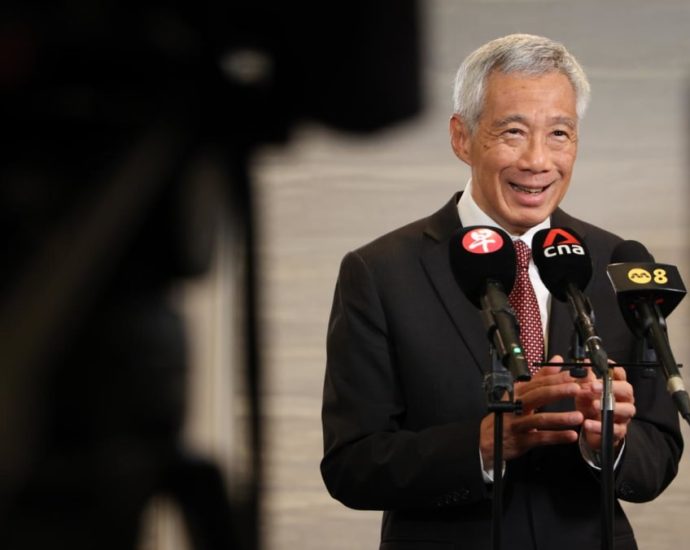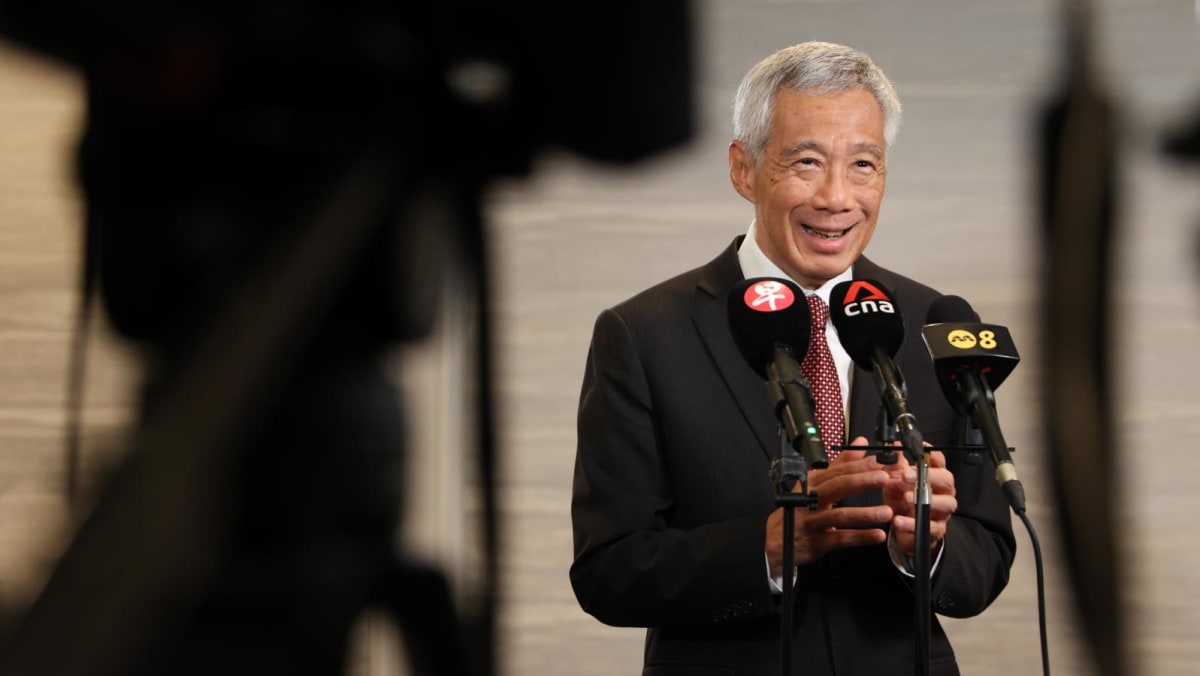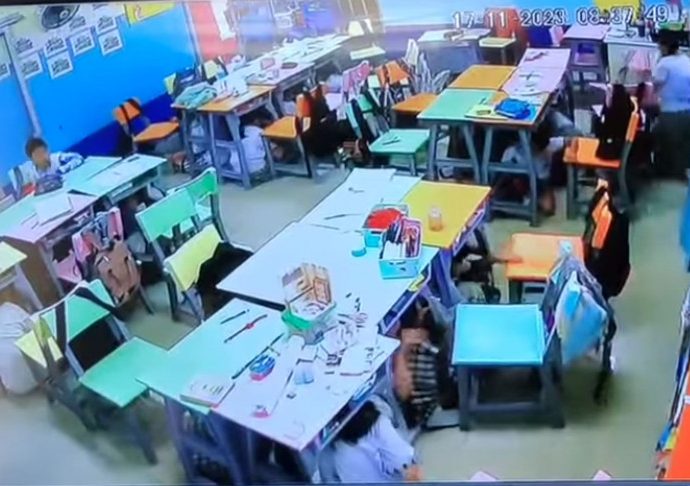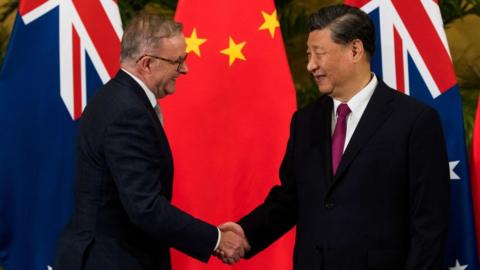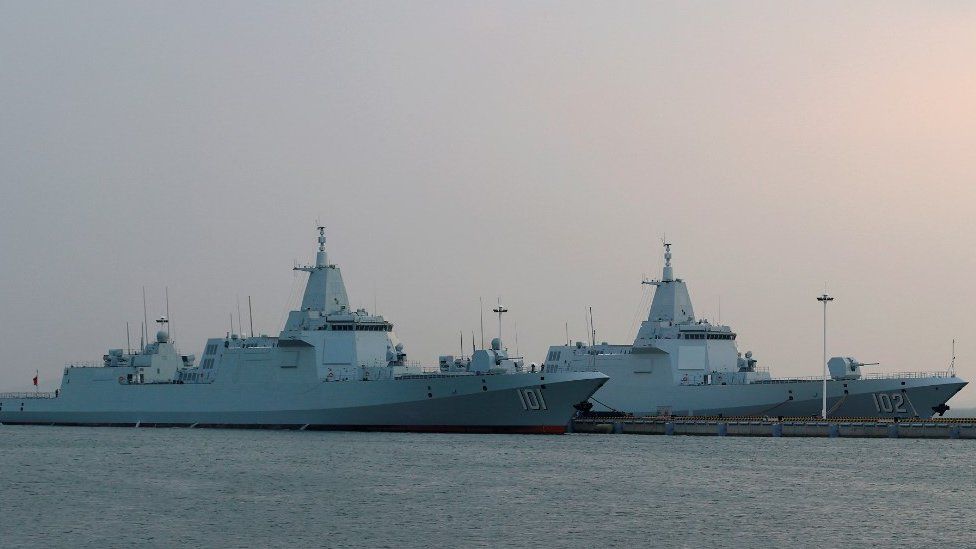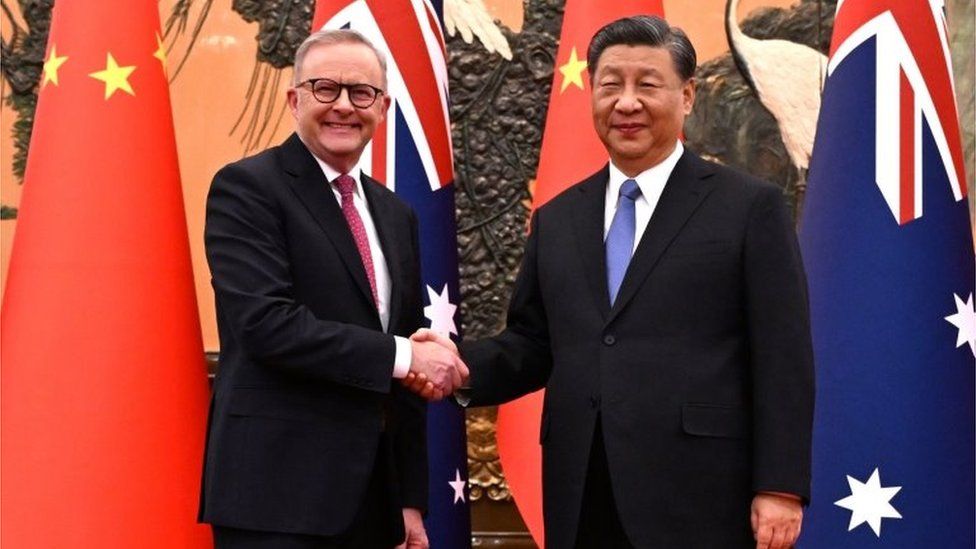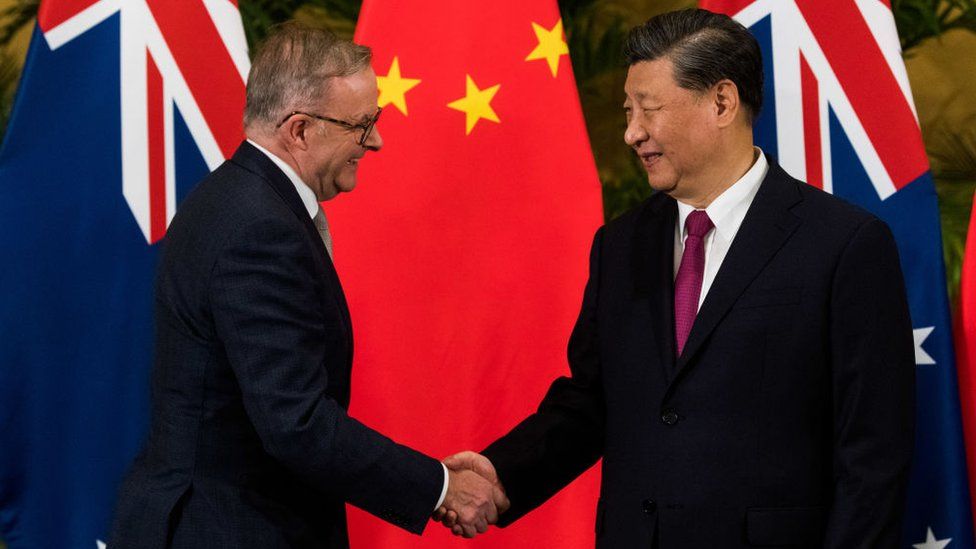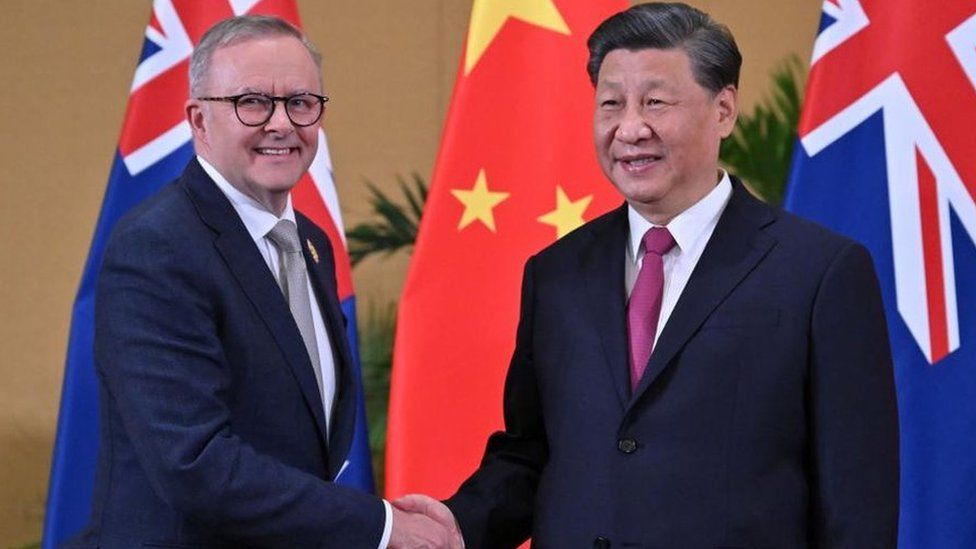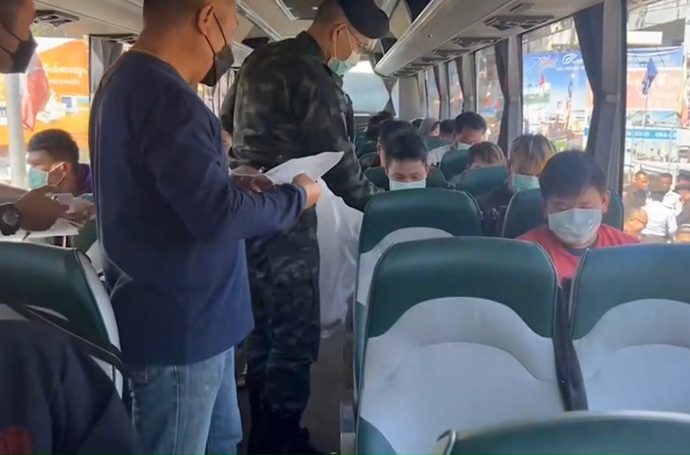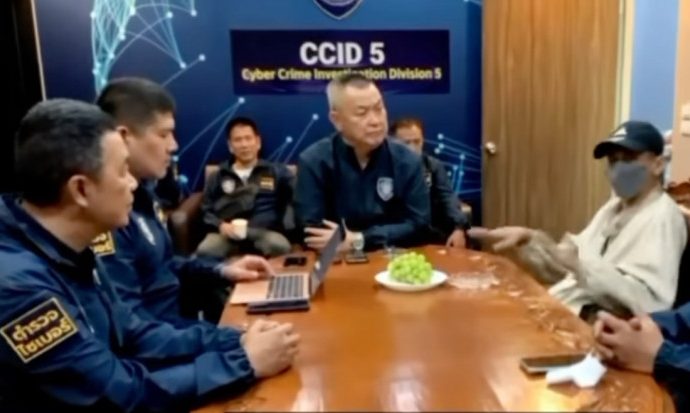Jatuporn: Wallet policy âcould inflict fatal woundsâ
Pheu Thai has already shown it can’t be trusted to keep promises, says critic

The government could inflict severe or even fatal wounds upon itself if it continues to push its digital wallet scheme, says one of its fiercest critics.
The ruling Pheu Thai Party cannot be trusted to carry out the policy after reneging on promise after promise, Jatuporn Prompan, a former red-shirt leader and co-leader of Kana Lomruam Prachachon (Melting Pot Group), said during a live-stream presentation on his Facebook page.
Mr Jatuporn was referring to campaign promises by Pheu Thai, particularly its initial pledge not to form a government with former coalition parties linked to the military from the previous Prayut Chan-o-cha administration.
Pheu Thai later ditched the Move Forward Party, its pro-democracy ally, to set up a government with Bhumjaithai, Palang Pracharath and the United Thai Nation Party, the three core parties of the previous administration.
Mr Jatuporn, 58, said the government had also revised the wallet policy amid growing criticism, including an about-face on its financing. It now wants to issue an act to allow for 500 billion baht in borrowing to pay for the programme.
Prime Minister Srettha Thavisin had said earlier that no loan would be procured to execute the flagship policy, Mr Jatuporn noted.
The former red-shirt stalwart said the proposed loan via an act might run into legal hurdles as it must be carried out within the framework of the State Fiscal and Financial Responsibility Act, which deals with limits for emergency funding.
If the loan was an urgent measure, as the government claims, it should be obtained through an executive decree, not an act, according to Mr Jatuporn.
‘Crisis’ rallying cry
An executive decree authorises the government to launch a policy to tackle a crisis at hand, and then to present the policy for parliamentary approval later.
“The government should have opted for the decree, not an act, to justify its cause. It’s just full of contradictions,” he said.
Mr Srettha and other key Pheu Thai figures have formed a united front to drive home the message that Thailand’s weak economic growth constitutes a “crisis” that can only be solved by a major stimulus programme.
Mr Srettha even posted a copy of a front-page story from the Bangkok Post on his X account to underscore his message.
Gross domestic product in Thailand has averaged 1.9% a year over the past decade, one of the worst performances in Southeast Asia. The sub-par performance will continue unless the government does something dramatic, Pheu Thai maintains.
The 10,000-baht handout will be given to an estimated 50 million Thai nationals aged 16 and older who earn less than 70,000 baht per month and have under 500,000 baht in bank deposits. It is scheduled to begin in May 2024, three months behind the original schedule.
“If we continue to allow the economy to expand by 2% per year while the government maintains a budget deficit of 600-700 billion baht annually, by 2027 the public debt will exceed 70% of GDP, above the ceiling in the fiscal discipline framework,” Deputy Finance Minister Julapun Amornvivat said.
Managing the debt ratio
He said stimulating the economy so it can expand at an average of 5% per year will help reduce the public debt-to-GDP ratio in the medium term because when GDP expands, the ratio will narrow.
“If we don’t do anything and allow the government’s public debt to exceed 70%, the country’s credit rating would be derailed,” said Mr Julapun.
However, Mr Jatuporn said some members of the Council of State — which is preparing to vet the bill seeking to borrow 500 billion baht to fund the scheme — might find the bill short of being legal.
“Failure to survive scrutiny by the Council of State, the government’s legal arm, is the least of the political injuries bound to be inflicted on the government,” he said.
The more hurtful “wound” would be for the measure to attract insufficient support from coalition parties in parliament, Mr Jatuporn added.
“The underlying question here is whose fault would it be if the scheme didn’t pull through. Mr Srettha might have to face the music and become the political sacrificial lamb,” he said.
Meanwhile, Thanathorn Juangroongruangkit, the head of the Progressive Movement, says the question people should be asking is, if the government had 500 billion baht, what would be the best way to spend it?
He said in a recent presentation that Thailand is no longer competitive enough to support high levels of economic growth. Investing in fundamental improvements to restore competitiveness would be better than just giving away “helicopter money” for a quick fix, he said.
He suggested that the money earmarked for the handout policy would be better spent revamping public transport, public health, water management, environmental protection and the education system.


